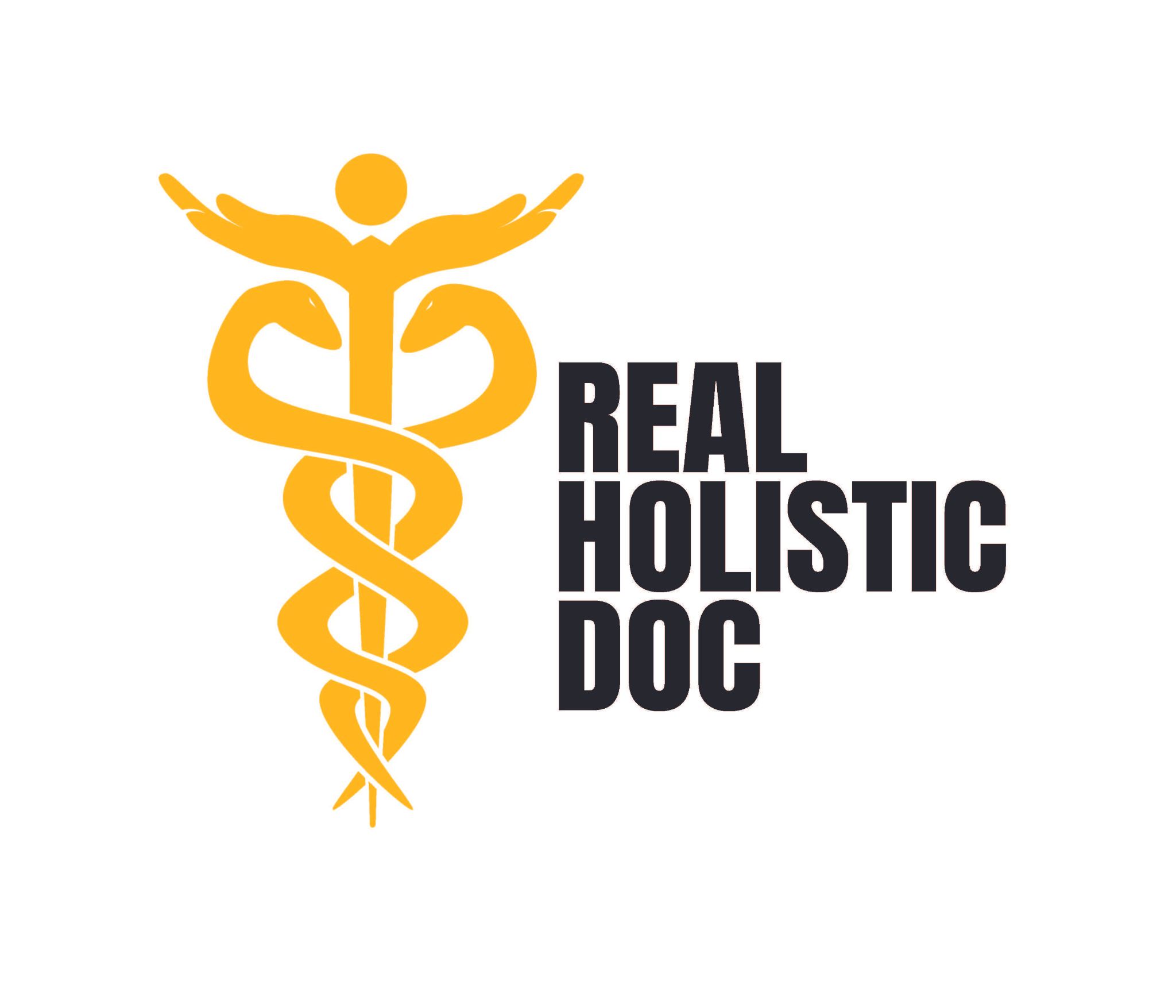POMEGRANATE—A UNIQUE FOOD
Protein, vitamins, essential fatty acids, minerals and antioxidants are the critical foods for health. Note that starch and sugar are not; glucose can be made from protein. Of course, I am not recommending that one eat only protein, but it is important to be reminded that protein is much more critical than starch/sugar. While I am a supporter of supplements to improve our overall nutrition, I also prefer natural food as the major source of nutrients. And when it comes to antioxidants, the evidence is overwhelming that the best source is foods rich in antioxidants. Blueberries, strawberries, green tea and even dark chocolate are increasingly publicized for their antioxidant virtues. After reading well over 10,000 scientific studies of nutrition, I am convinced that pomegranates appear to provide better antioxidant gifts than any other food.
Pomegranate has long been a mythical aphrodisiac. Ancient Egyptians regarded the pomegranate as an aphrodisiac. They made wine and liqueur from the juice. It was often represented as a symbol of plenty or fertility and is associated with the Goddess Hathor. Recent research in rabbits (another symbol of high fertility) suggests that pomegranate prevents atherosclerotic causes of erectile dysfunction.
Indeed, it is a toss up as to whether pomegranate is better as a preventive of cancer or of atherosclerosis. Pomegranate decreases LDL and susceptibility to aggregation, and reduces lipid peroxidation. Over a period of time it significantly reduces atherosclerotic plaque. It inhibits serum angiotensin converting enzyme activity and reduces systolic blood pressure. It has been proven to inhibit development of atherosclerotic lesions in humans and in animals, even reversing carotid artery stenosis. And it reduces malondialdehyde, a significant reflection of free radical metabolism.
Interestingly, pomegranate is one of several foods that contain melatonin, serotonin and tryptamine. Incidentally, under-ripe bananas, corn, rice, barley and ginger all contain these essential neurochemicals.
Pomegranate juice has been found to be antiviral, antifungal and antibacterial, which may be responsible for its beneficial effect in periodontitis. It also has been found to prevent skin cancer when applied as a 5% gel. In animals it inhibits ovariectomy-stimulated bone turnover loss, suggesting potential benefit in postmenopausal osteoporosis. It also enhances wound healing and helps heal injured gastric mucosa.
Perhaps most striking is the evidence of benefit in various cancers. It inhibits human promyelocytic leukemia cells. It suppresses chemically induced colon carcinogenesis in rats. And human colonic microflora enhance the antioxidant properties. Pomegranate extracts potently suppress proliferation, xenograph growth and invasion of human prostate cancer cells. One recent study showed doubling of life expectancy in men with prostate cancer when they supplemented with pomegranate. As might be expected, breast cancer cells are also inhibited by pomegranate extracts. The entire pomegranate fruit has antioxidant effects—peel, fruit and seeds. The fresh fruit and fermented fruit are both higher in concentration of antioxidants than any other known food.
The bottom line is EAT OR DRINK POMEGRANATE! One of the best sources is Brownwood Acres, www.brownwoodacres.com. Their pomegranate concentrate contains the equivalent of one medium pomegranate in each tablespoon. You can also get whole dried fruit capsules from Natures Way, www.naturesway.com. I have no financial interest in either product but I do use them.
REFERENCES:
Int J Food Sci Nutr, 2004, 55:511-516
J Urol, 2005, 174: 386-393
Invest New Drugs, 2005, 23: 121-122; 11-20
J Ethanopharmacol, 2005, 96: 335-339; 171-176
Lipids, 2001, 36: 477-482
Breast Cancer Res Treat, 2002, 71: 203-217
Eur J Cancer Prev, 2004, 13: 345-348
Phytother Res, 2004, 18: 718-722
J Med Food, 2004, 7: 13-18; 274-283
Cancer Sci, 2004, 95: 481-486
Clin Nutr, 2004, 23: 423-433
J Ethanopharmacol, 2004, 92: 93-101
Angiogenesis, 2003, 6: 121-128
J Int Periodontol, 2003, 5: 106-115
J Med Foods, 2002, 5: 153-157
Drugs Exp Clin Res, 2002, 28: 49-62
Arteriosclerosis, 2001, 158: 195-198
Am J Clin Nutr, 2000, 71: 1062-1070
